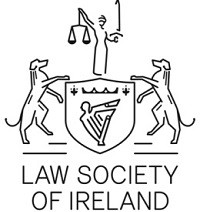
Programme structure and approach to learning This course provides an understanding of the fundamental competencies required by the commercial lawyer when drafting, reviewing, and negotiating commercial agreements.
This course provides an understanding of the fundamental competencies required by the commercial lawyer when drafting, reviewing, and negotiating commercial agreements.
This postgraduate course is aimed at non-law graduates seeking to further their knowledge of law to enhance their current role or those who wish to progress further with a career in law.
This course provides an understanding of the fundamental competencies required by the commercial lawyer when drafting, reviewing, and negotiating commercial agreements.